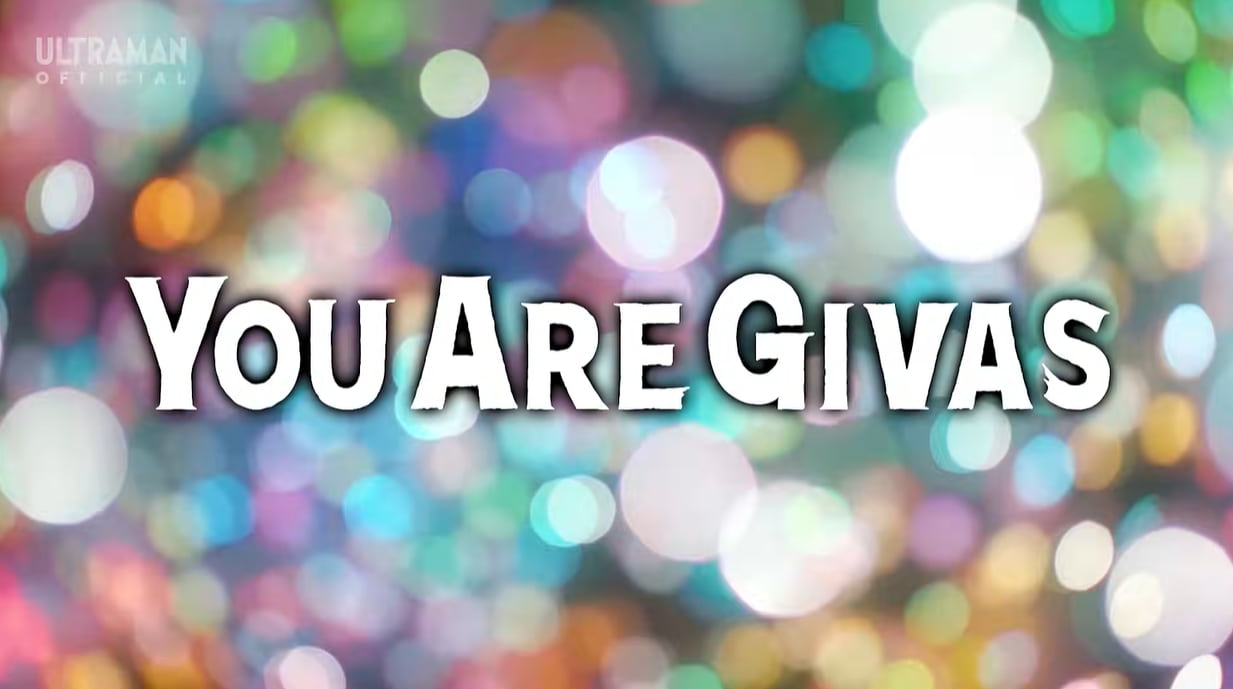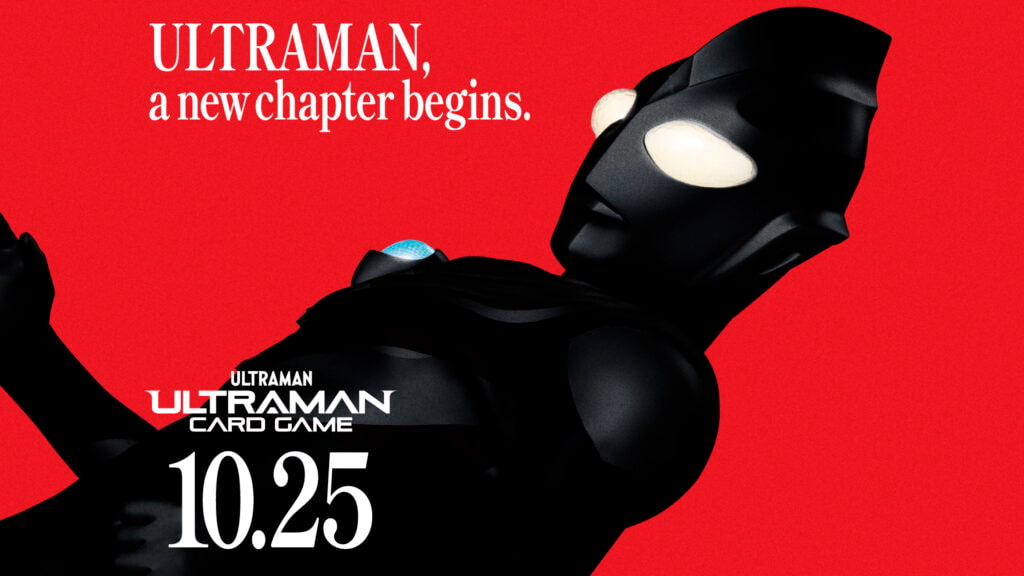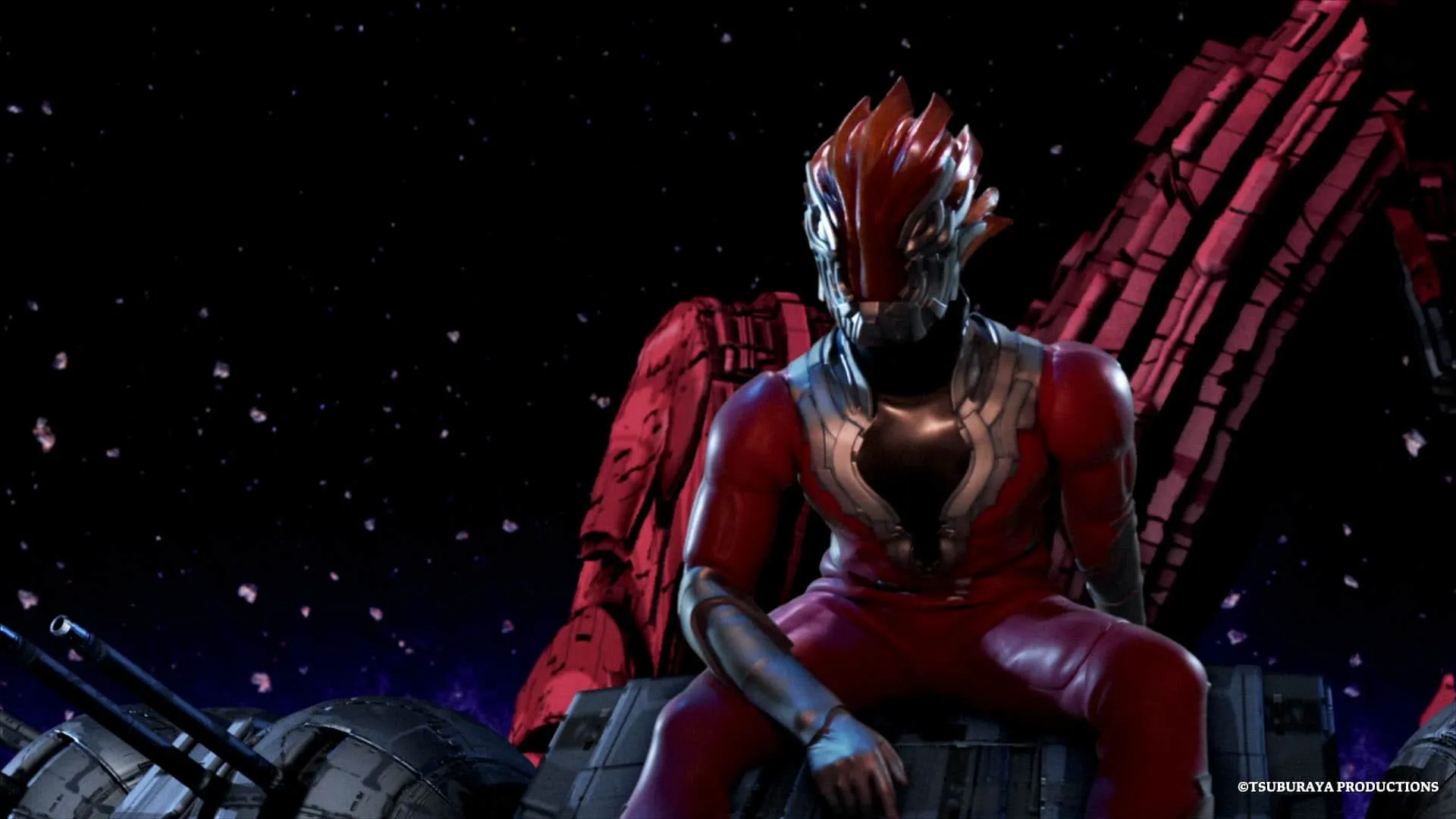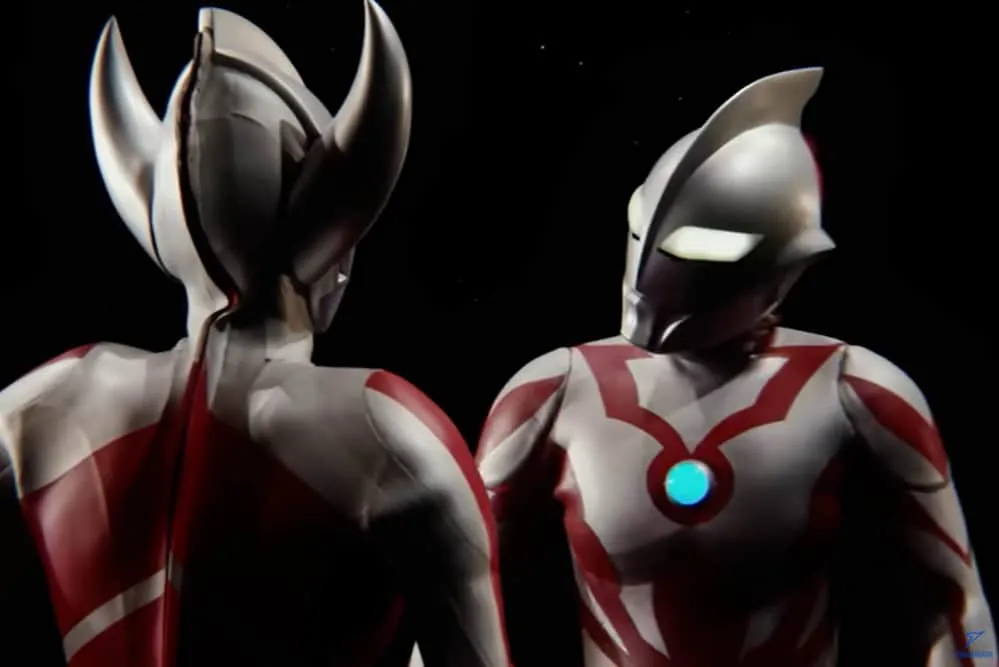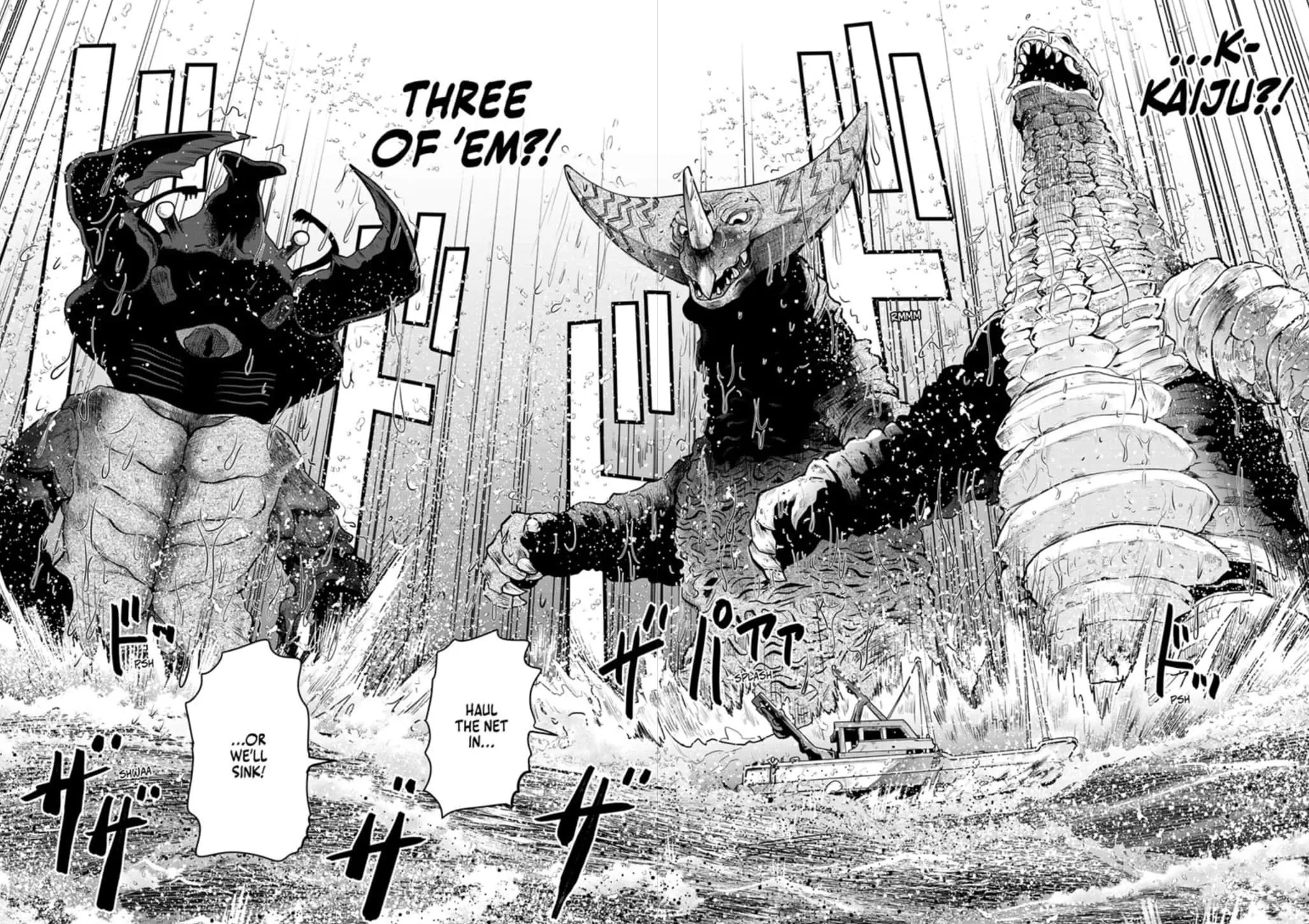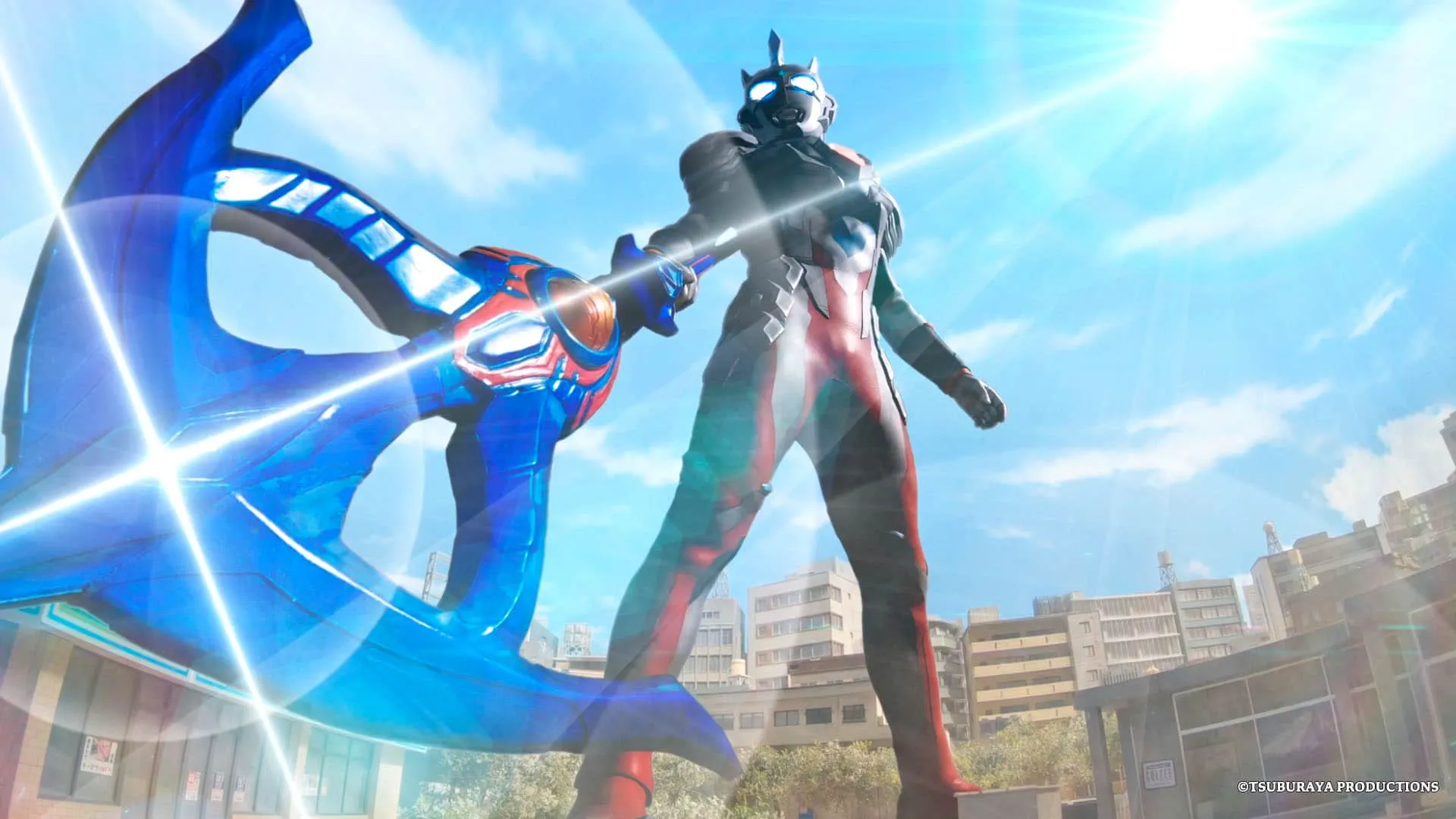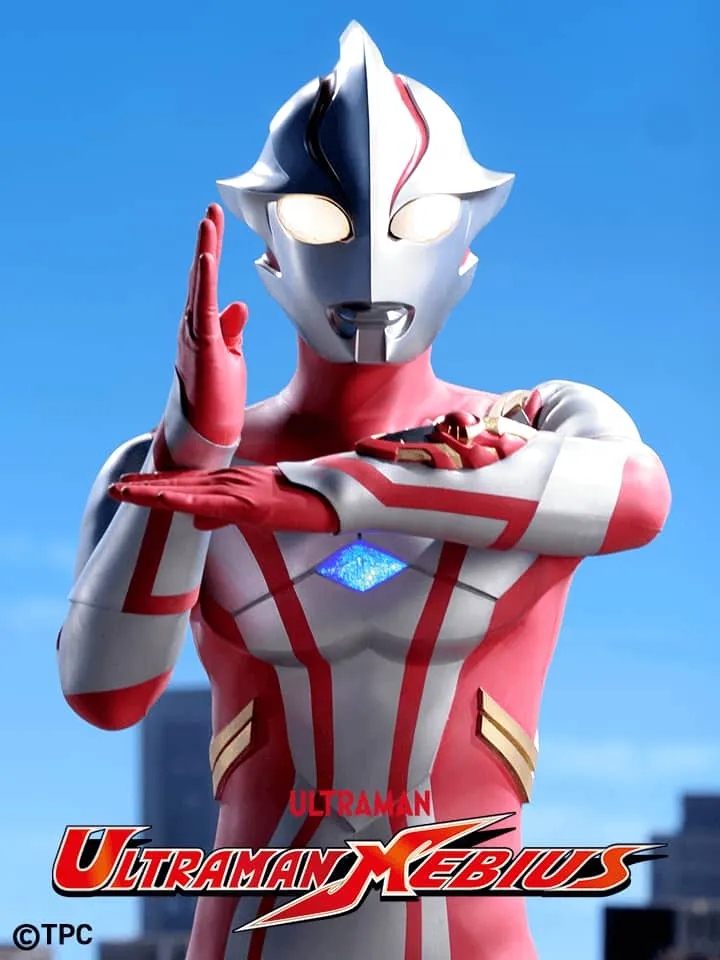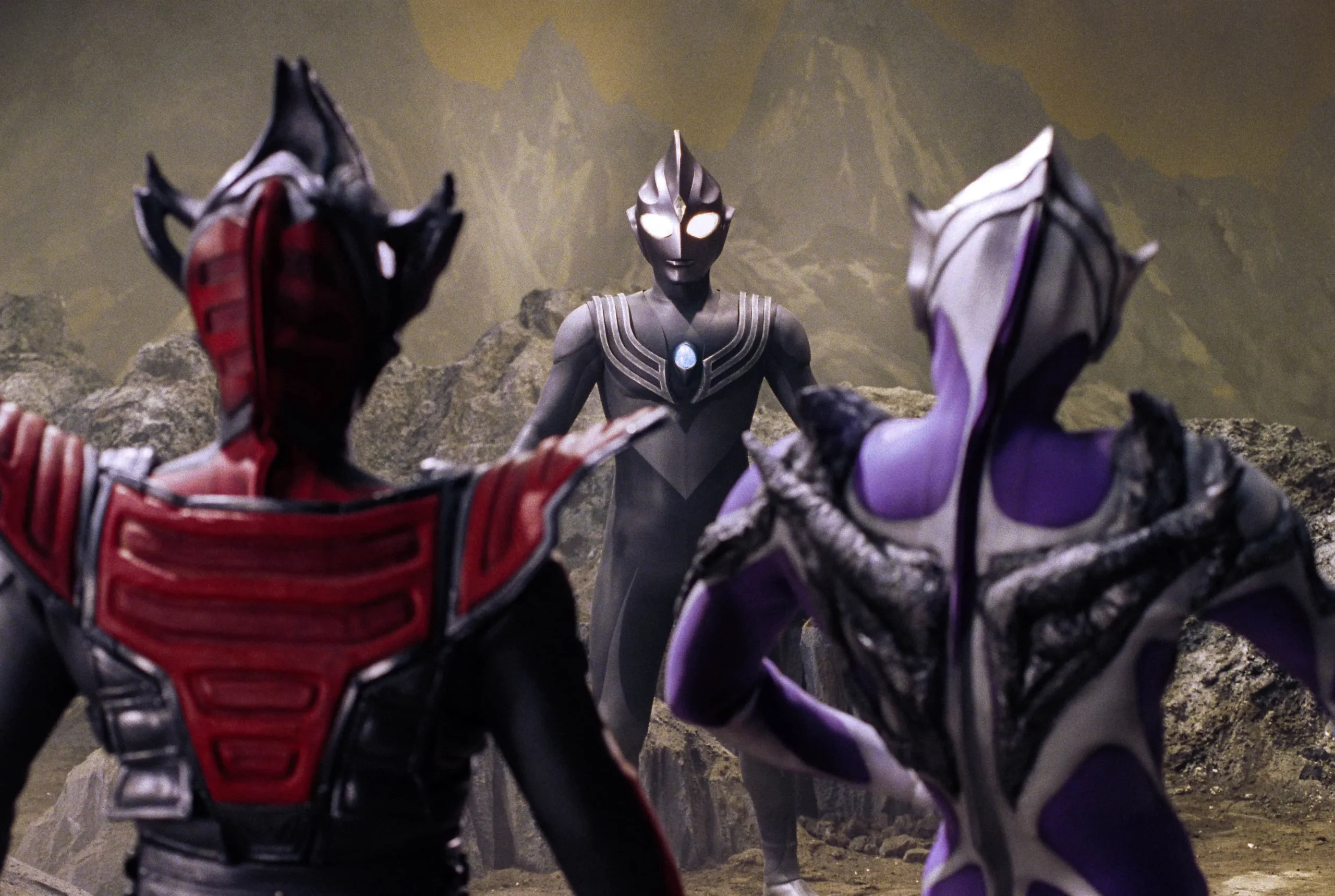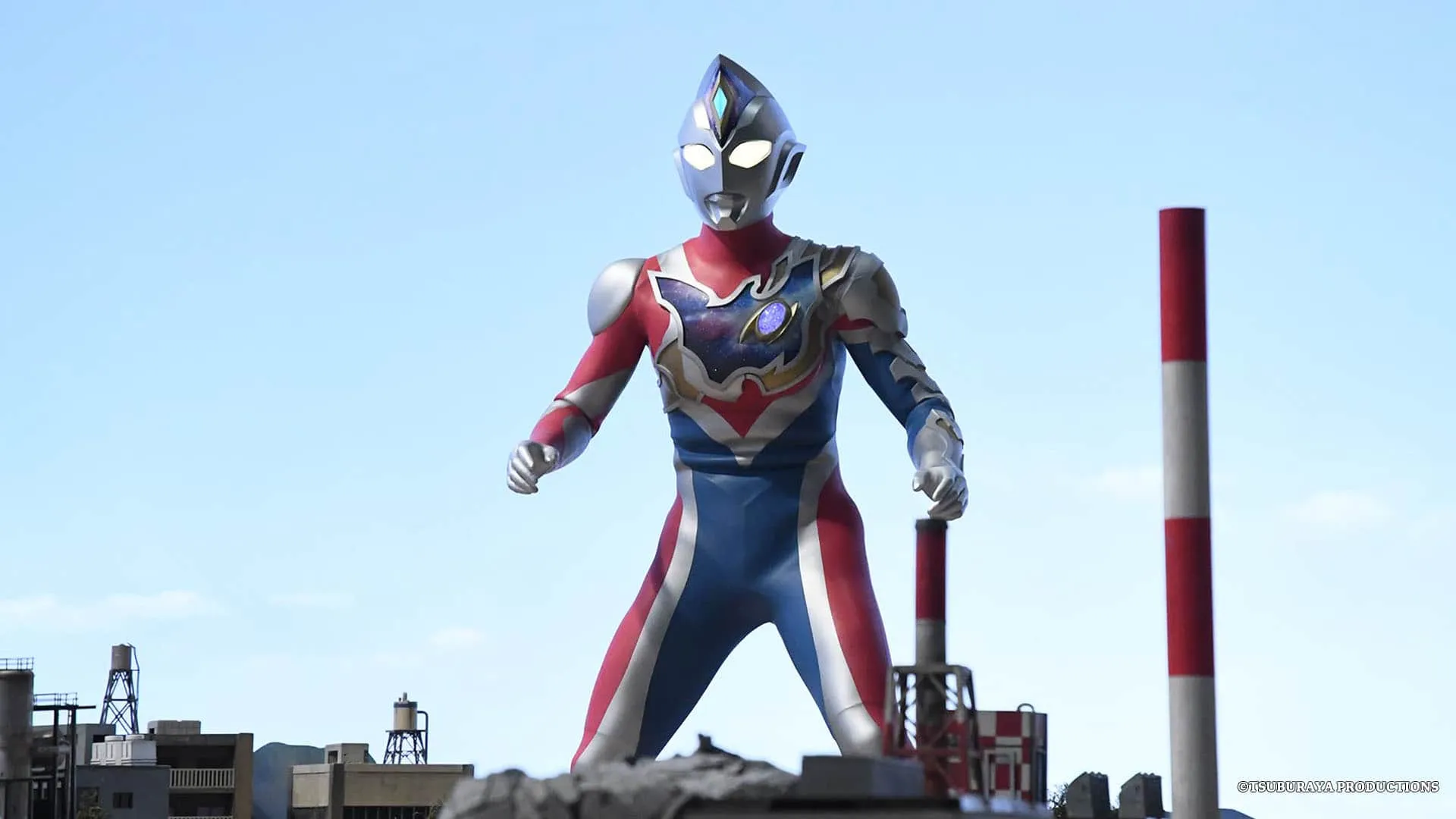A sound from the sky, a titanic shadow descending from the firmament. A metal titan descends, armed with clear power, but unclear motives.
Are we talking about Givas, or Galactron?
The most recent two-part story in Ultraman Arc introduced viewers to Givas, the mysterious machine from a far-off world. The immediate aftermath of its appearance is a sort of test for humanity — how will they react to this clearly powerful new titan, who is strong and perhaps dangerous enough to threaten the entire planet, but is only acting in response to aggression. Do they act in good faith? Do they treat it as a threat? Yuma Hize believes in it, but his faith is solitary, and the GDF, represented by Shu Ishido, aren’t so sure.
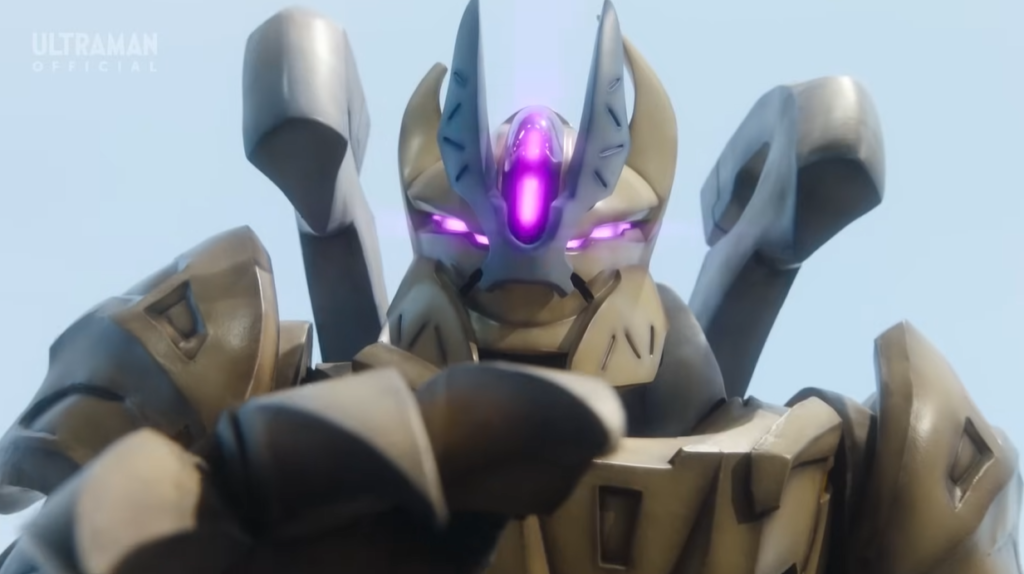
Watching the two episodes of Arc where Givas appeared, my thoughts went back 8 years, to 2016’s Ultraman Orb Episode 14 “Justice Out of Control”, and its “star,” the Civil Judgmenter Galactron. In so many ways, Galactron is a mirror to Givas — Appearing out of nowhere, a titanic, mysterious robot, scanning the Earth.
In an inversion of Givas’s reception, however, the SSP (Something Search People) of Orb immediately judge it as a hero, due to its alabaster, draconic form. It looks like a hero, so it must be one. Givas, meanwhile, is immediately seen as threatening — an ancient-looking thing, with a horned head and glowing purple eyes. On its back, a second face, and a second torso, with a claw attachment it can fire like a grappling hook to drag its foes closer. First impressions dictate how each of these robots is reacted to.
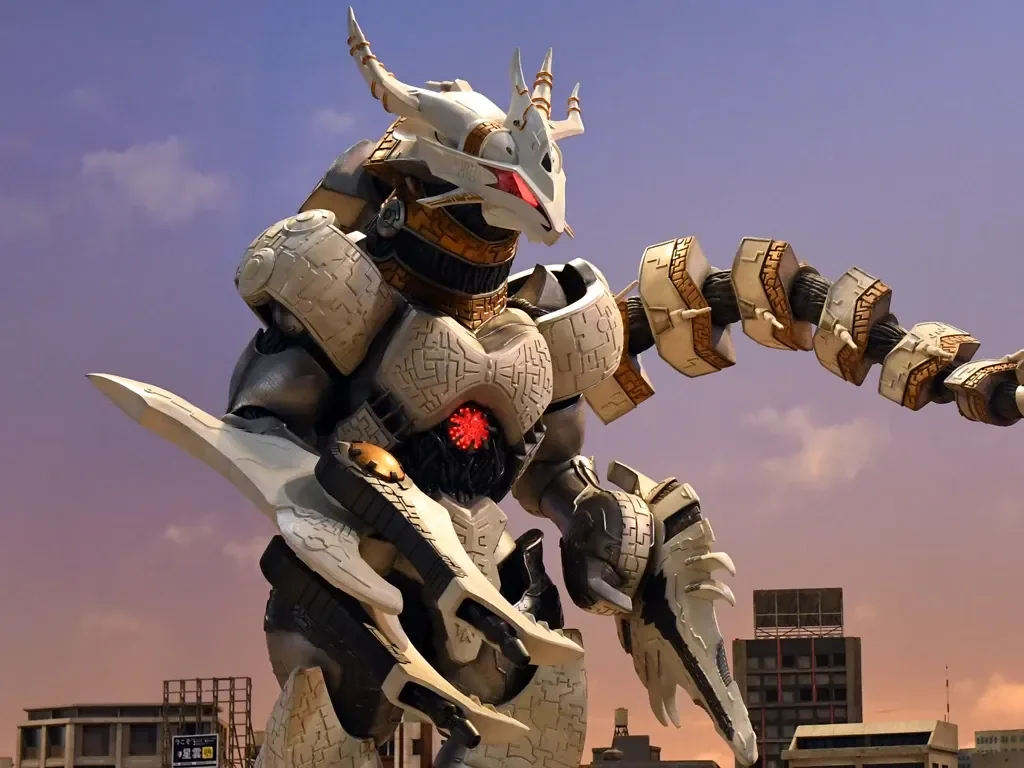
Until the moment of their true reveal, however, the primary difference between Givas and Galactron is intent and communication. Upon landing on Earth, Galactron is dormant, barely moving and saying nothing. In absence of its ability to advocate for itself, the people around it make assumptions.
Givas, meanwhile, does try to communicate from the moment it lands — its name, “Givas”, comes from the message it is broadcasting. Unfortunately, that message cannot be understood, but nonetheless, Givas is clear from the start — he has come to be our Givas — a term that is translated as “one who obstructs the path.” Once again, assumptions are made; one that obstructs a path must be an enemy.
In the end, both assumptions are wrong. Galactron, upon becoming active, reveals itself to be casting judgment on humanity for its history of wars and atrocities. It is lawful, in its own way, but it is by no means heroic. Kidnapping SSP member Naomi and suborning her consciousness to use her as a mouthpiece, Galactron proves to be a deeply traumatic and powerful foe, damaging the morale of not only the SSP, but also Gai Kurenai, AKA Ultraman Orb. In the future, more Galactrons would come, but the lesson has been taught by this first automaton.
In Givas’s case, the first cracks in everyone’s assumptions come during the initial battle — when Givas, having forced Arc and the Kaiju Oka-Gubila against a wall, even forcing Arc back into his human alter-ego, Yuma Hize, the first time such a thing has happened. Yuma is powerless to watch as a pair of children find themselves in the path of Givas’s foot, their deaths assured — only for Givas to move, avoiding the children. Only Yuma is there to see it, but it is enough to convince him… Givas is not an enemy.
Fighting with Shu Ishido for his own beliefs, Yuma is able to convince the SKIP team, and Shu himself, to give him a chance to prove that Givas is not a threat. Climbing onto the robot’s edifice, Yuma travels inside it to learn the heartbreaking truth.
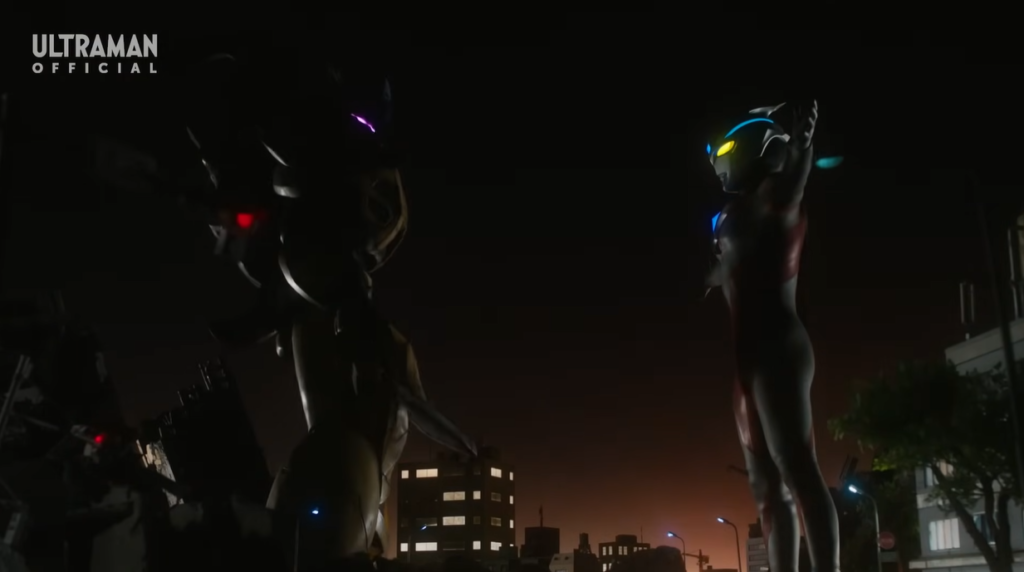
No, Givas is not an enemy. Givas is, unbeknownst to himself, a memorial to the lost world of Meguma. His pilot and friend, the last of the Alien Meguma, passed away without even saying anything, afraid that Givas would give up on the journey they had undertaken together, and stop living, drifting through space as no more than a tombstone for lost Meguma. Instead, the pilot had sent his friend to the stars to find his Givas — the true meaning of which is indeed “one who obstructs the path.” Or, perhaps more accurately, one who can keep you from traveling down the wrong path. A friend.
Givas almost feels like a response to Galactron, almost a decade later. Galactron itself was almost a radical story in the context of the Ultraman series, a warning to not judge a book by its cover, that the most noble countenance can contain the blackest heart. Givas plays on the same lesson from a positive angle, reminding us that first impressions aren’t everything, and that judging someone without understanding them can end badly. Both will go down in history as classics, Givas joining Galactron in the hallowed halls of legendary Ultraman series robots. We couldn’t be happier for it to be our Givas.

